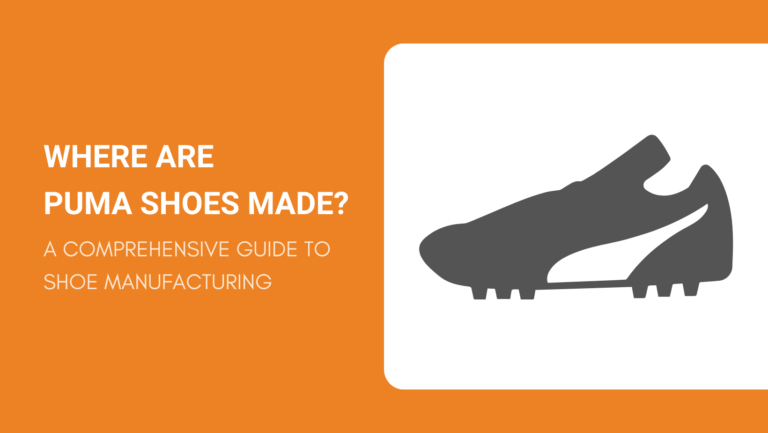Puma is one of the most recognized names in the footwear industry, known for its stylish and performance-driven sneakers.
If you’re a seller looking for reliable shoe manufacturers, understanding where major brands like Puma produce their footwear can help you in your eCommerce journey.
Puma manufactures its shoes across several countries, with a strong presence in Vietnam, China, Indonesia, Cambodia, Bangladesh, and Romania. These locations are chosen based on factors like skilled labor, cost efficiency, and supply chain infrastructure.
In this guide, we’ll explore Puma’s global production network, the reasons behind its manufacturing choices, and what this means for businesses looking to source footwear.
Brief History of Puma
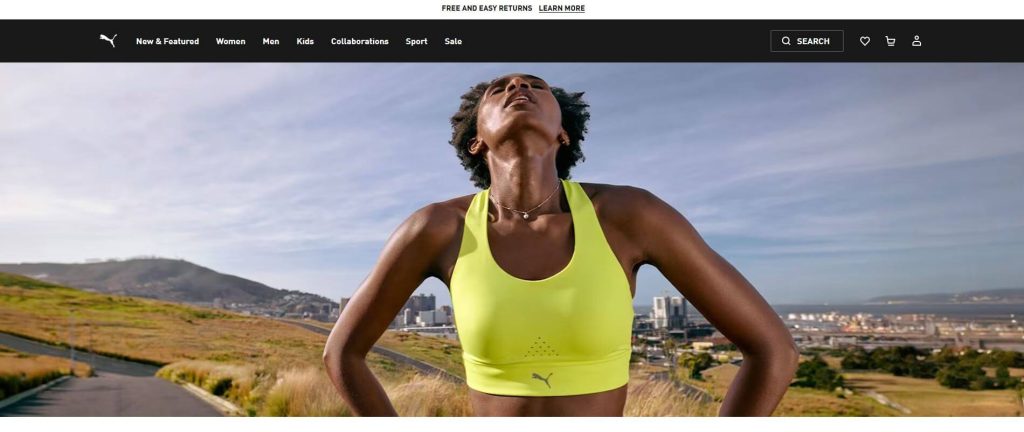
Founded by Rudolf Dassler, Puma has grown into a German multinational corporation, making it one of the world’s leading sports brands.
It all began with the Dassler Brothers Shoe Factory, established in 1919 by Rudolf and his brother Adolf. They initially started their business in their parents’ home in Herzogenaurach, a small town in Bavaria, Germany.
In 1948, Rudolf decided to part ways with his brother and establish his own company, originally named RuDa (derived from Rudolf Dassler).
It wasn’t long until the company’s name changed to Puma. With a focus on creating innovative athletic footwear, Puma quickly became popular among professional athletes.
The company gained global recognition as several records were broken by athletes wearing Puma shoes, such as Heinz Fütterer in 1954.
Today, Puma manufactures its products in various countries, including Vietnam, China, Cambodia, Bangladesh, Indonesia, and Romania. The company has also expanded its product line to include athletic apparel, accessories, and even casual wear.
Puma: The Brand and Its Products
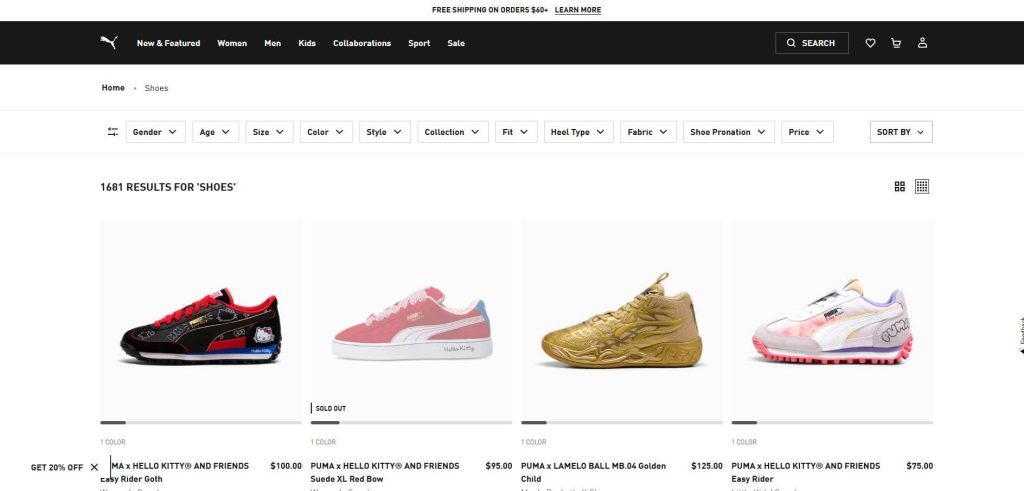
Puma is a well-known brand that offers a wide range of products, including shoes, apparel, and accessories. When it comes to shoes, Puma is particularly famous for its sneakers.
They have a variety of casual footwear and athletic footwear to suit different needs and preferences. With a Puma shoe on your feet, you can expect comfort, style, and performance all wrapped into one.
In addition to shoes, Puma also offers a diverse selection of apparel. From trendy sportswear to everyday clothing, Puma has something for everyone.
Accessories are another essential part of Puma’s product lineup. You can find everything from hats and backpacks to athletic gear designed to enhance performance.
Where Are Puma Shoes Made?
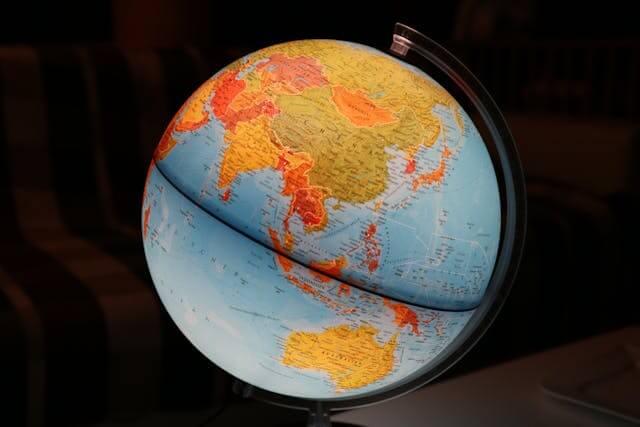
Puma shoes are manufactured in multiple countries worldwide to cater to their global customers. Let’s take a look at the various locations and some of the reasons behind choosing them for shoe production:
| Country | Role in Production | Reasons for Selection |
| Germany | Headquarters in Herzogenaurach; focuses on design and some high-end, specialized models | High-quality craftsmanship, premium development |
| China | Major production hub, significant portion of shoes made here | Cost-effective labor, manufacturing expertise |
| Vietnam | Large-scale production, contributes substantially to output | Skilled workforce, established infrastructure |
| Cambodia | Part of Asian manufacturing network | Expertise in footwear production, cost advantages |
| Indonesia | Key production site, leverages cost-effective labor | Manufacturing expertise, proximity to markets |
| Bangladesh | Produces various sports footwear | Skilled textile and footwear workforce |
| India | Manufactures shoes, benefits from textile industry experience | Experienced labor, cost-effectiveness |
| Romania | Contributes to production, skilled labor in shoe manufacturing | Expertise in the industry, established facilities |
| Brazil | Part of global production chain, caters to Americas | Proximity to market, cost and labor considerations |
| Italy | Produces luxury sneakers under “Made in Italy” program in Puglia | Premium craftsmanship, high-quality materials |
| Turkey | Recent addition, part of supplier factories | Emerging manufacturing hub, cost and labor factors |
Germany
Germany is home to Puma’s headquarters in Herzogenaurach, where the brand’s iconic designs and innovations take shape.
While most Puma sneakers aren’t made here, Germany remains an essential part of the process, focusing on high-quality craftsmanship and premium product development.
Some specialized or high-end models may be produced in limited quantities.
China
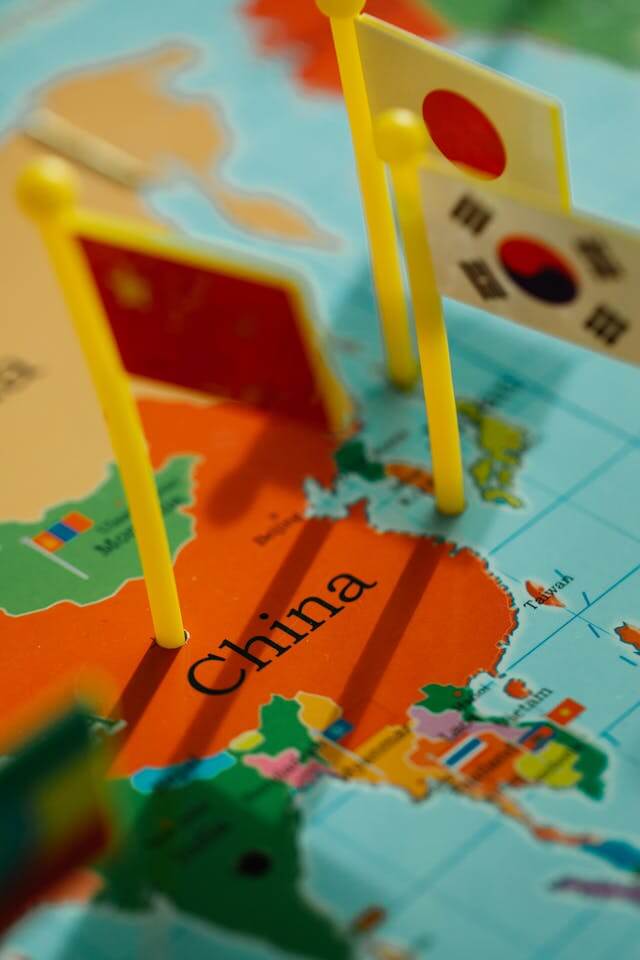
China is a vital part of Puma’s global supply chain, playing a key role in both manufacturing and market expansion.
Under its “China-for-China” strategy, Puma aims to produce 80% of the products it sells in China within the country itself.
This approach allows the brand to streamline operations, reduce logistics costs, and meet local demand more efficiently.
Many of Puma’s suppliers in China focus on textiles, synthetic materials, and assembly processes, ensuring high-quality output for sportswear and lifestyle products.
Vietnam
Vietnam is a major manufacturing center for Puma, home to the PUMA Village complex, which integrates production, research, and development.
The country’s skilled workforce, strong infrastructure, and favorable business conditions make it a prime location for large-scale footwear production.
Around 35% of Puma’s sportswear comes from Vietnam, and the brand continues to expand its manufacturing presence there.
Cambodia
Cambodia is part of Puma’s regional production network, offering cost advantages and expertise in footwear manufacturing.
While not as large as Vietnam, Cambodia helps diversify Puma’s supply chain. However, the country has faced labor issues, and Puma works to uphold ethical manufacturing standards with its suppliers.
Indonesia
Indonesia plays a key role in Puma’s global supply chain, producing both footwear and apparel.
The country’s low-cost, skilled labor and established manufacturing infrastructure make it an efficient production hub.
Puma also has a “Locally Made” line in Indonesia, tailored specifically for the domestic market.
Bangladesh and India
Both countries offer a skilled workforce with years of experience in the textile industry and footwear production. Puma benefits from this expertise and produces various sports footwear in these countries.
Romania
Another country where Puma shoes are made is Romania, which boasts skilled labor and experience in the shoe manufacturing industry.
Brazil
Puma also produces some of its footwear products in Brazil, contributing to the company’s global production chain and catering to customers’ needs in the Americas.
When looking for manufacturers for your business, consider factors like cost-effectiveness, expertise, and available infrastructure in these countries.
Italy
Italy plays a niche but significant role in Puma’s supply chain, particularly with its “Made in Italy” collection, which focuses on luxury sneakers and premium craftsmanship.
The company operates a manufacturing facility in Puglia, dedicated to producing high-quality, fashion-forward footwear.
Italy’s reputation for design excellence and artisanal production aligns with Puma’s strategy to offer premium products that stand out in the global sportswear market.
Turkey
Turkey serves as a key manufacturing and distribution hub due to its strategic location between Europe and Asia.
Puma has supplier factories and a regional team based in Istanbul, allowing the brand to efficiently serve both European and Asian markets.
Turkey’s strong textile industry and skilled workforce contribute to Puma’s ability to maintain high production standards while keeping costs competitive.
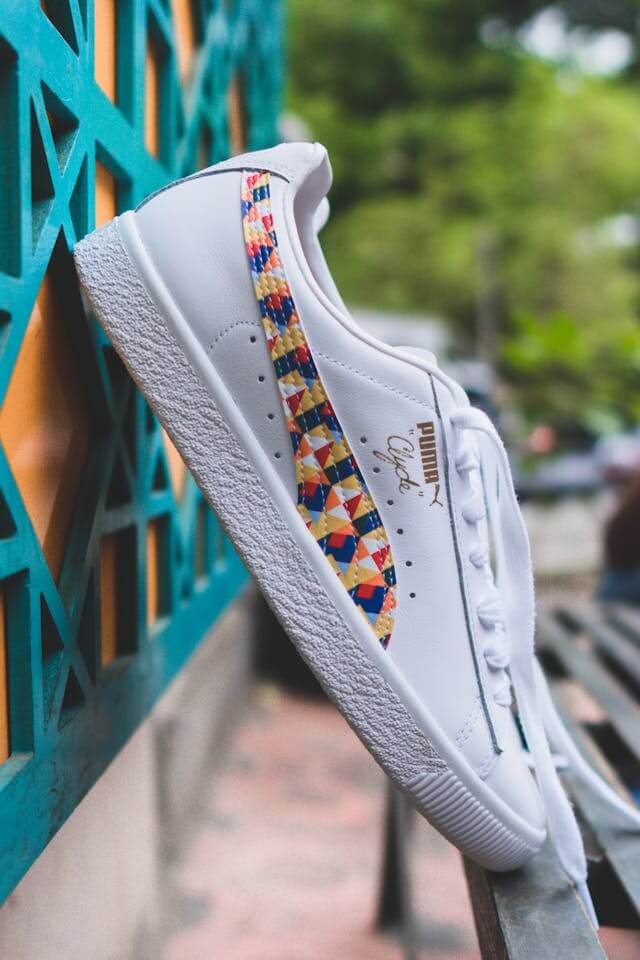
If you also want to learn from other popular shoe manufacturers then check out our reading list:
- Where Are Asics Made
- Where are Hoka Shoes Made
- Where Are Keen Shoes Made
- Where Are Van Shoes Made
- Where are Nike Shoes Made
- Where Are Adidas Made
- Where Are Salomon Shoes Made
Puma’s Shoe Manufacturing Process
When it comes to manufacturing Puma shoes, quality and precision are key aspects. Let’s take a closer look at the steps involved in creating a pair of Puma shoes to give you an idea of their manufacturing process.
First, you’ll encounter the cutting stage, where materials like leather, suede, and synthetic fabrics are cut into specific shapes and sizes.
These materials are selected to suit the design and functionality of the shoe. Puma ensures that the materials are sustainable to maintain a better environmental performance.
Next comes the assembling stage, where skilled craftsmen put together the cut materials. They carefully stitch and glue the shoe’s upper part’s components, ensuring the various panels and materials align perfectly.
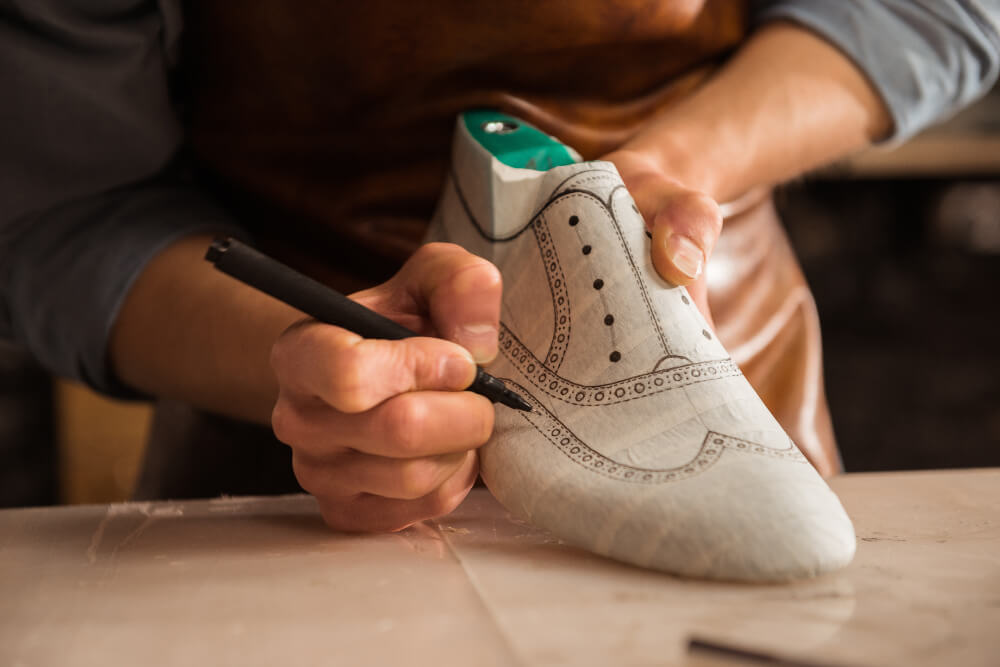
Modern technology is integrated at this stage, allowing for increased accuracy and efficiency.
After assembling the upper, it is time for stitching. This stage is crucial in securing the pieces firmly and ensuring the final product is of high quality.
Puma pays attention to detail and uses durable threads to prevent wear and tear, ultimately extending the life of your shoes.
Finally, the shoe’s sole is created using a unique compound injected into a mold.
This process forms a comfortable and durable outsole suitable for different activities, from running to casual wear. The upper and sole are then joined together, and voila – your Puma shoes are complete!
Keep in mind that Puma shoes are made in various countries, including Vietnam, China, Cambodia, Bangladesh, Indonesia, and Romania.
This ensures a reliable supply chain to cater to global demand, and strict quality control measures are implemented to maintain Puma’s high standards.
Now that you know how Puma shoes are manufactured, you can appreciate the craftsmanship and attention to detail that go into every pair.
This insight might help you find the right shoe manufacturers for your business and understand the different steps involved in creating quality footwear!
Best Shoe Manufacturers in China
China is one of the largest footwear manufacturing hubs in the world, producing shoes for both global brands and independent sellers. If you’re looking for reliable shoe manufacturers in China, here are some of the best options:
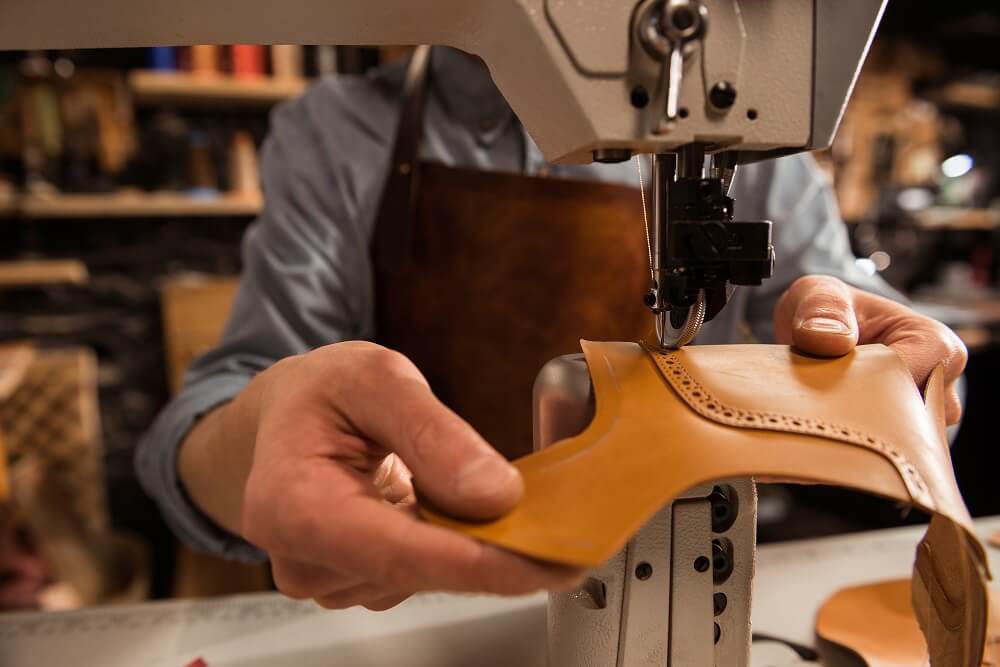
1. Huajian Group
Specialization: High-end and luxury footwear
Huajian Group is one of China’s leading shoe manufacturers, known for producing high-quality footwear for international brands. They specialize in leather shoes, formal footwear, and luxury brand manufacturing.
2. Jinjiang Aokang Shoes Co., Ltd.
Specialization: Sports shoes, casual footwear
Based in Jinjiang, Fujian province, Aokang is a major player in the Chinese footwear industry. They manufacture sneakers, running shoes, and casual footwear for various brands.
3. Quanzhou ZhengDe Shoes Co., Ltd.
Specialization: Athletic and outdoor footwear
Quanzhou ZhengDe is a top manufacturer of sports and outdoor shoes, producing footwear for brands that focus on hiking, running, and casual wear.
4. Dongguan City Huarui Footwear Co., Ltd.
Specialization: Fashion and custom shoes
This factory specializes in high-fashion footwear and custom shoe production, catering to both established brands and startup businesses.
5. Chengdu Shoes Industry Co., Ltd.
Specialization: Leather shoes and boots
Located in Chengdu, this manufacturer is known for producing high-quality leather footwear, including dress shoes, boots, and handcrafted designs.
6. Xiamen Everpal Trade Co., Ltd.
Specialization: Slippers, sandals, and beach footwear
If you’re looking for manufacturers that specialize in casual footwear like slippers and sandals, Xiamen Everpal is a top choice.
7. Fujian Jinjiang Neikeng Shoes Co., Ltd.
Specialization: Sneakers and running shoes
This manufacturer is known for producing high-performance athletic footwear and sneakers for international brands.
How to Choose the Right Shoe Manufacturer
When selecting a shoe manufacturer in China, consider factors such as:
- Minimum Order Quantity (MOQ): Make sure the supplier’s MOQ aligns with your budget.
- Material Quality: Check material sourcing and sample products before placing large orders.
- Production Capacity: Make sure they can meet your demand if you plan to scale your business.
- Customization Options: If you want private labeling or unique designs, find a manufacturer that offers customization.
If you’re still unable to find reliable shoe manufacturers then consider working with a sourcing agent.
Frequently Asked Questions
What Age Group Is Puma’s Target Market?
Puma designs and manufactures shoes for a wide range of age groups, from young children to adults. Their products cater to various activities and sports, including running, soccer, and casual wear.
This makes Puma a versatile brand suitable for people of different ages and lifestyles.
How Does Puma’s Supply Chain Operate?
Puma has a global supply chain that sources materials and manufactures its products in multiple countries around the world.
They maintain a complex network of suppliers and factories to ensure efficient production and distribution, while also considering factors like costs and logistics.
What Role Does Outsourcing Play in Puma’s Production?
Outsourcing is essential for Puma’s production, as they manufacture their shoes in various countries.
They rely on a vast network of manufacturers and suppliers to produce their products while maintaining the quality and performance their customers expect from the brand.
How Does Puma Ensure Ethical Production Practices?
Puma is committed to ensuring ethical and sustainable production practices throughout its supply chain.
They focus on several key areas, such as fair labor conditions, environmental impact, and responsible sourcing of materials.
By prioritizing these factors, Puma is dedicated to creating positive change within the footwear industry.
What Are Some of the Best Shoe Manufacturers in China?
China is home to numerous top shoe manufacturers that provide high-quality products for various brands and markets.
These manufacturers may be excellent partners if you are looking to source shoes for your business.
Keep in mind that researching and selecting a reliable manufacturer is crucial to ensure you receive the best possible products and services for your brand.
Are Puma Shoes Made in Germany?
Puma’s headquarters is located in Herzogenaurach, Germany, where the brand’s designs and innovations take shape. However, the majority of Puma shoes are not manufactured in Germany.
Most of their production takes place in countries like Vietnam, China, Indonesia, and Bangladesh, where large-scale manufacturing is more cost-effective.
That said, Puma does produce limited-edition or specialized footwear in Germany, particularly high-performance or custom-made models.
But for the most part, if you purchase a Puma sneaker, it is likely made in one of their overseas factories.
Finding Shoe Manufacturers in China
As a seller looking for shoe manufacturers for your business, you might be interested to know that part of Puma’s production takes place in China.
In fact, many global brands outsource their production to China, and with good reason. Chinese manufacturers offer reliable, cost-effective, and high-quality solutions for businesses of all sizes.
One of the key reasons brands source from China is the country’s well-established and growing manufacturing capabilities.
This is where a sourcing agent like NicheSources comes in. They can help identify and establish relationships with reputable manufacturers, providing the necessary groundwork for you.
With a sourcing agent’s expertise, you’ll be able to better focus on other aspects of your business, while also ensuring you’re working with a trusted manufacturer.
If you’re considering outsourcing your shoe manufacturing to China, request a free quote from us at NicheSources to get started. We’ll guide you through the process and help make your venture a success.
